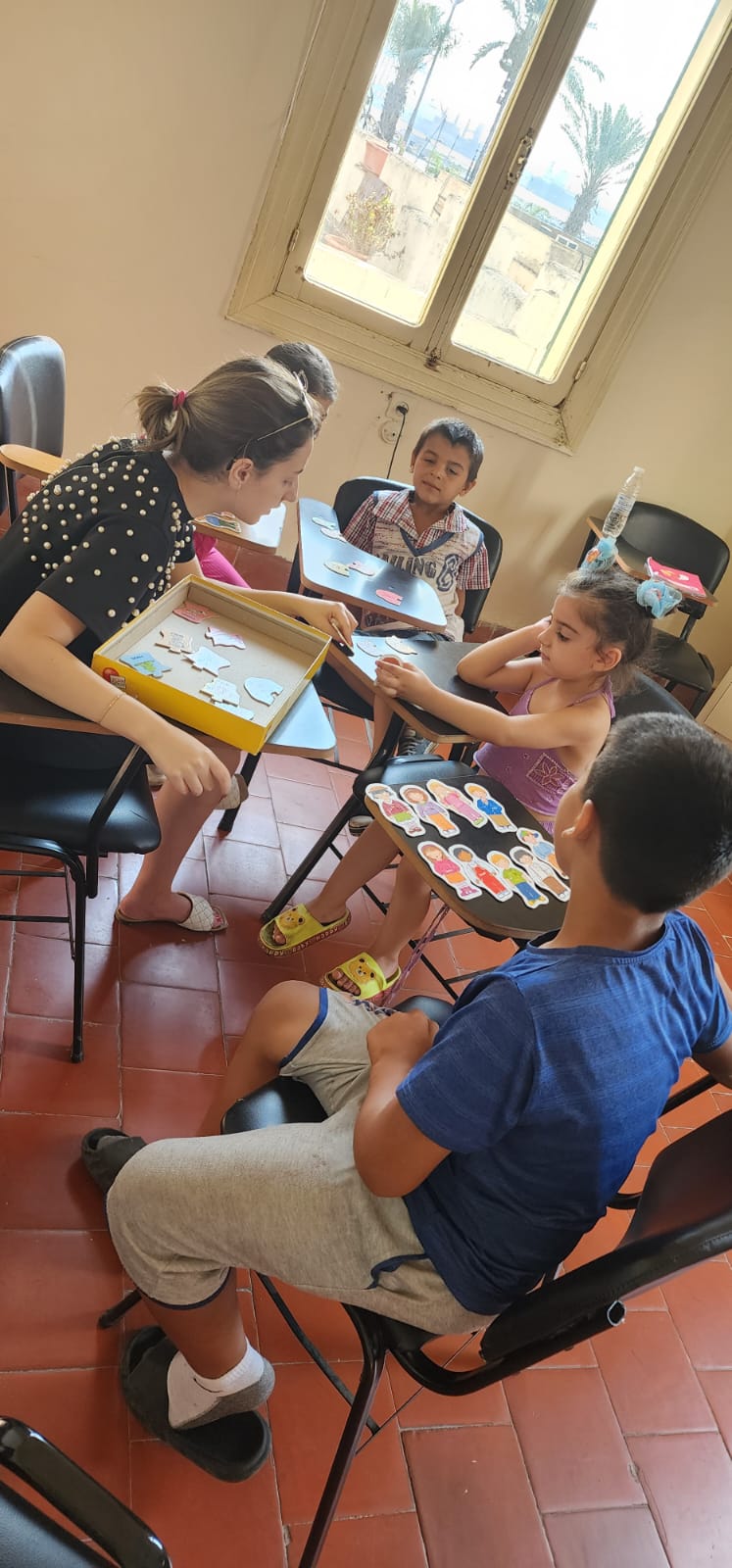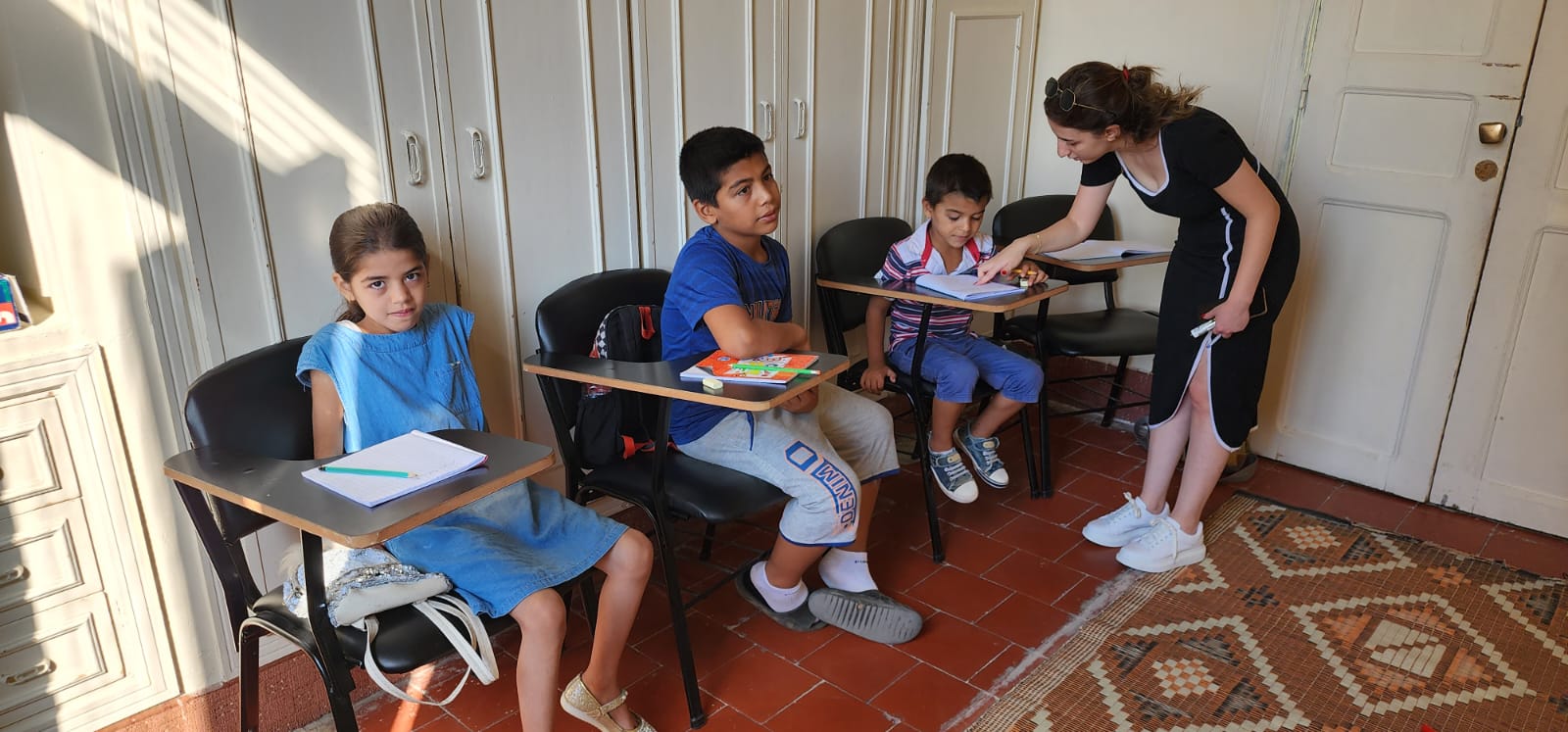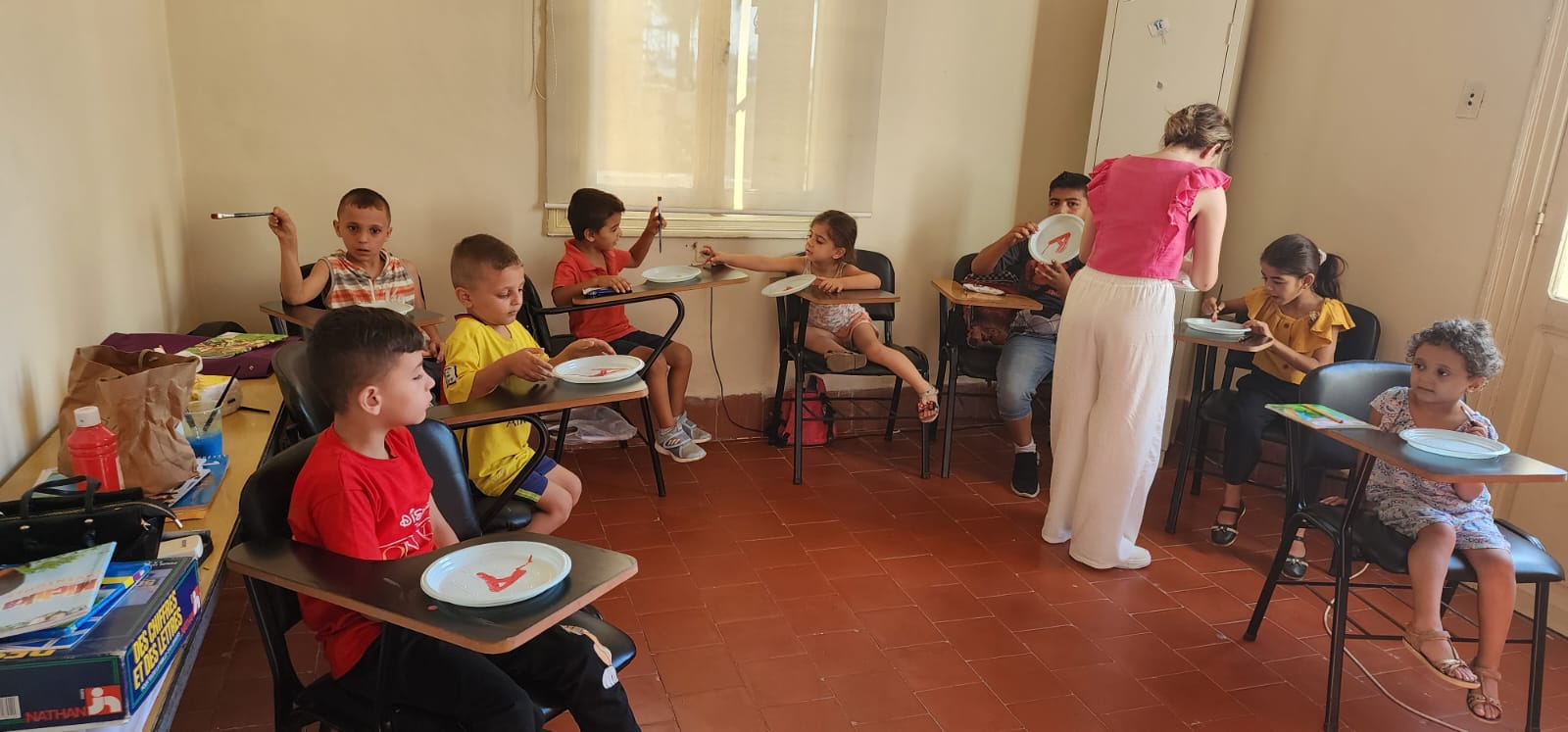Community Engagement
With the emergence of the Lebanese border and its border control and taxes, Tripoli’s economy started to decline as it became more isolated economically from Syria. More than 70 years after Lebanon's independence of 1943, Tripoli is now considered to be one of the poorest towns of the Mediterranean coast, and in some districts, the literacy rate can be very low compared to the national one (93.1%).
Since the onset of the Syrian civil war, thousands of families have been displaced to North Lebanon seeking a secure place to live. Today, around 210 000 people are located in Tripoli according to the UN High Commissioner for Refugees. Most of the Lebanese and Syrian families have been facing many challenges in supporting their children.
Indeed, the harsh economic situation in Tripoli, amplified by the hyperinflation, encourages child labor, as every Lebanese Lira earned is vital and many of the city's disadvantaged children are helping their families to survive.
In Lebanon, however, starting from Grade one, all Sciences are officially taught in French or English but still many Lebanese children are facing major issues in their language capabilities.
As a result of this language barrier many marginalized children in Tripoli:
· Are demotivated in attending public schools and have no resources to afford to catch up with private classes
· End up dropping out of school
· Have no relatives or parents able to help them with homework
In line with Sham Development's principles of developing social enterprises, the Levantine Institute in Tripoli, in collaboration with MAAN, offers volunteering opportunities for skilled students to teach Lebanese marginalized children in need of linguistic after school support in French or English.
JOIN US at MAAN AND LET'S START MAKING A DIFFERENCE TODAY!




